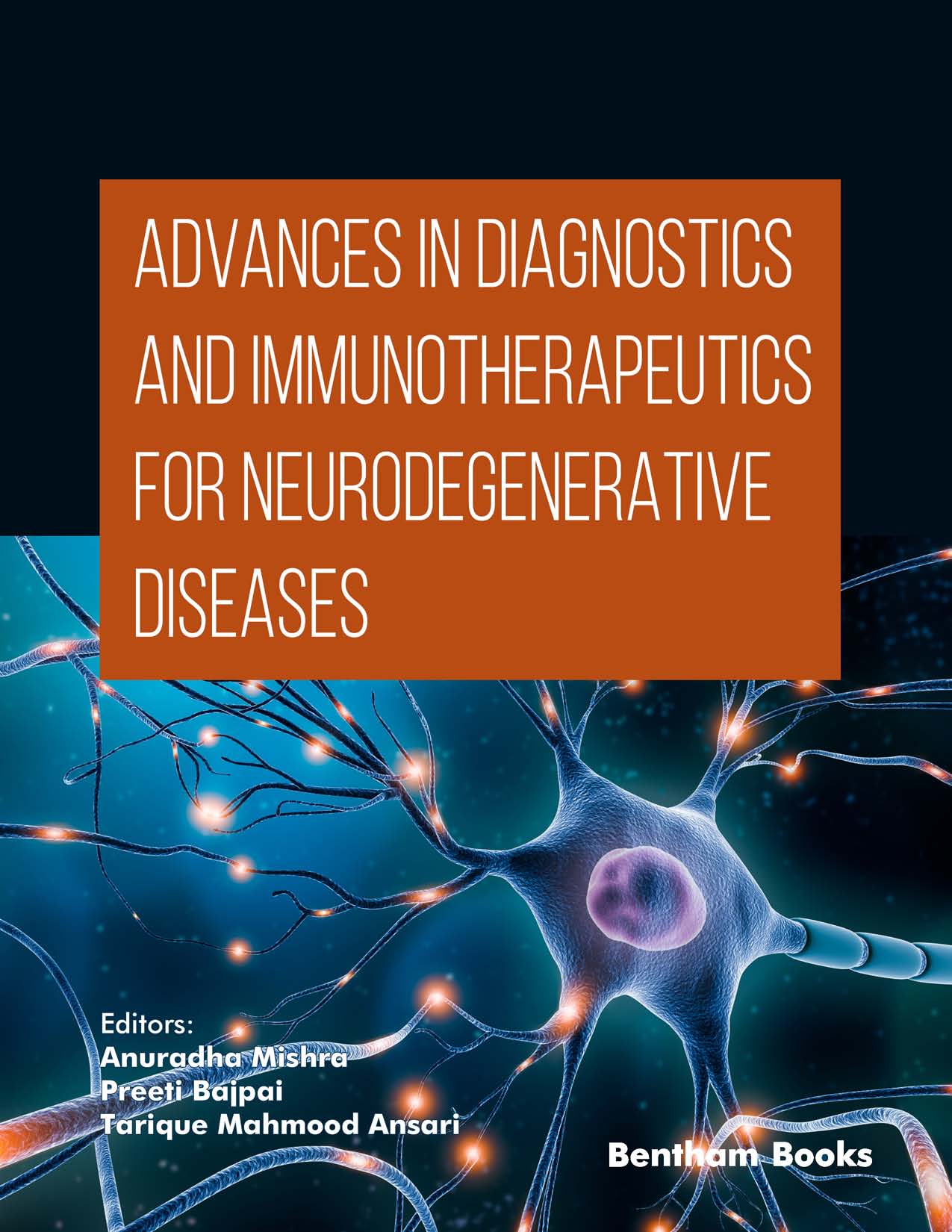Introduction
Advances in Diagnostics and Immunotherapeutics for Neurodegenerative Diseases delves into the intricate mechanisms underlying neurodegenerative disorders and highlights cutting-edge diagnostic methods and innovative immunotherapeutic strategies. This comprehensive book addresses several key themes crucial to understanding and combating these debilitating conditions with an updated understanding of neurodegenerative disorders and a review of the latest advancements in diagnostic and treatment strategies.
Key Themes
- - Neuroinflammation: examines the complex molecular pathways involved in neuroinflammatory responses and their impact on disease dynamics.
- - Gut-Brain Axis: A thorough discussion on the relationship between the gut microbiome and neurodegenerative processes is presented.
- - Advanced Diagnostics: A state-of-the-art review of diagnostic techniques provides updates on advanced neuroimaging modalities, cerebrospinal fluid biomarker analysis, and genetic testing.
- - Epigenetic Regulation of Microglia: Covers the emerging field of epigenetic modifications and their role in modulating microglial activation and function.
- -Immunotherapeutics: Learn about the potential of monoclonal antibodies, immune modulators, and repurposed drug therapies in slowing disease progression and improving patient outcomes.
This book serves as a valuable resource for researchers, clinicians, and students in the fields of molecular biology, neuroimmunology, and clinical neurology.
Readership
Researchers, clinicians, and students in the fields of molecular biology, neuroimmunology, and clinical neurology.

